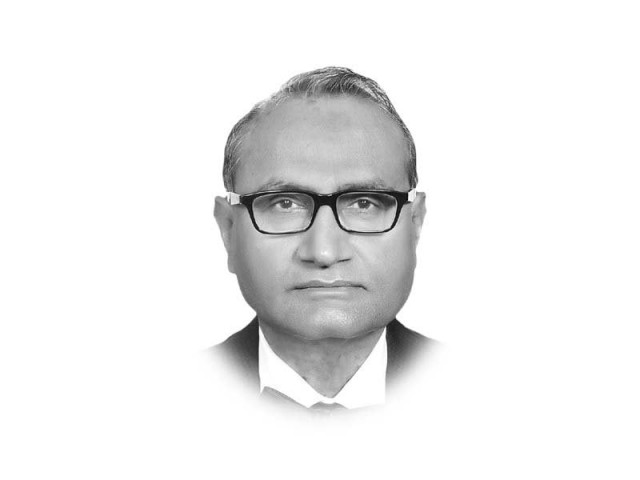Adjustment with a stern face of reform
Despite IMF’s admission that structural weaknesses remained largely unaddressed in the past programmes

The writer is a senior economist. He can be contacted at pervez.tahir@tribune.com.pk
Key monetary-fiscal structural shifts took place before the start of the programme and all the rest must happen by the end of calendar year 2019. A major structural shift is the adoption of a near-free floating exchange rate, with intervention limited to preventing disorderly market conditions. The monetary stance was tightened by raising the policy rate by 150 bps in one go. State Bank’s financing of budget deficit has been eliminated. Legislation has to be submitted to Parliament by the end of this year to fully reflect the 2019 Safeguards Assessment Report and the unimplemented 2016 Technical Assistance Report on Central Bank Law Reform. An effective AML/CFT framework is to be raised so as to exit the Financial Action Task Force list of jurisdictions with serious deficiencies. In the fiscal affairs, provinces announced budgetary surpluses to support overall fiscal deficit agreed in the programme as prior action. Similarly, the federal budget 2019-20 reflected the letter and spirit of the programme. Licences for the track-and-trace system for excises on cigarettes have to be issued by end-September. There is a commitment to shun tax amnesties.
The unending circular debt is nothing but the inability of the utilities to fully reflect cost in the final price, leading to a chain of payment defaults and borrowing to pay for the subsidies and losses. Before the programme, the system of automatic quarterly adjustment of electricity tariff by about 10 per cent has been implemented. The budget now makes the implicit power subsidies explicit. By end September, a comprehensive circular debt reduction plan has to be prepared in collaboration with international partners. Amendments to the NEPRA Act to give effect to full automaticity of the quarterly tariff adjustments and eliminate the gap between the regular annual tariff determination and notification are required to be submitted by the end of this year. In the gas subsector, the tariff announced by OGRA for fiscal year 2019-20 was operationalised with effect from July 1, 2019.
Commonly, the severity of structural reform is associated with the extent of the privatisation programme. By this measure, the reform falls short. In the case of the problematic PIA and Pakistan Steel Mills, it talks of audit by international firms of repute by December this year. By end-September 2020, a triage of SOEs has to be conducted to prioritise continued state management, outright privatisation or liquidation. By the same deadline, a law has to be submitted to Parliament to improve governance and transparency of the SOEs. While this should make workers happy for the time being, another attempt to put a human face on adjustment is the inclusion of BISP’s gender and database finalisation in the structural conditionality.
Nevertheless, the reform content requires an unusually strong resolve to overcome entrenched resistance to make it the last programme. The mettle is already being tested in the marketplace.
Published in The Express Tribune, July 12th, 2019.
Like Opinion & Editorial on Facebook, follow @ETOpEd on Twitter to receive all updates on all our daily pieces.















COMMENTS
Comments are moderated and generally will be posted if they are on-topic and not abusive.
For more information, please see our Comments FAQ